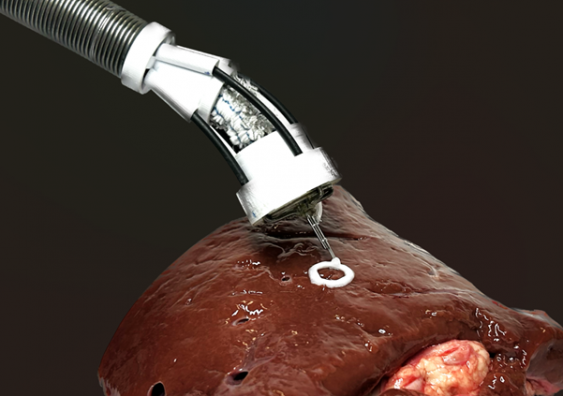Malaria and cancer are two diseases that cause a huge amount of suffering in humans, not to mention economic damage. Thanks to Manu Prakesh, currently Assistant Professor of Bioengineering at Standford University, and his colleagues, highly effective extremely low cost diagnostic equipment costing just pennies is a reality.
Prakash is a physicist who has been studying the world at a molecular level in order to understand how things work. He earned a Masters degree at the Indian Institute of Technology in Kanpur, India, in 2003 and a PhD in the Physics of Computational and Physical Biology from MIT in 2008.
Prakash’s devices are a 50-cent cardboard microscope, Foldscope, that can be printed and assembled in a few minutes, folding like Japanese Origami, and a similarly simple but powerful oral cancer scanner called OScan that works with a smartphone. Currently, Prakash is working on a low cost electromagnetic patch that non-invasively detects parasites in humans.
World Traveler Seeks To Help The Poor
As an inveterate traveler, Prakash has seen India and Africa and come face to face with patients who are poor and could never hope to see the inside of a modern western hospital. In his mind, these people were destined for a life of pain and suffering without any hope of cure; he wondered what he could do to positively impact the lives of hundreds of millions of people.
The Challenges of Malaria & Cancer in Developing Countries
Malaria is one of the worst child killers in the world with one child dying every minute from the disease, 1,300 kids a day or nearly 500,000 annually. What’s worse is that more than 200 million malaria cases were reported in 2012, with most of the sick women and children. Malaria typically occurs in areas that are economically under developed; with the disease keeping more kids out of school than any other disease. Kids who have malaria often carry lasting learning disabilities into adulthood.
Cancer causes nearly 7 million deaths a year worldwide and it is believed 1.5 million of these deaths could be prevented each year with better treatment strategies.
Prakash’s inventions allow for immediate and accurate diagnosis of the type of malaria in a patient so the most effective medicine can be given. The 50 cent microscope is durable and can withstand quite a bit of abuse. In his mind, though, if the microscope is used just once, it has more than paid for itself.
Related articles on IndustryTap:







